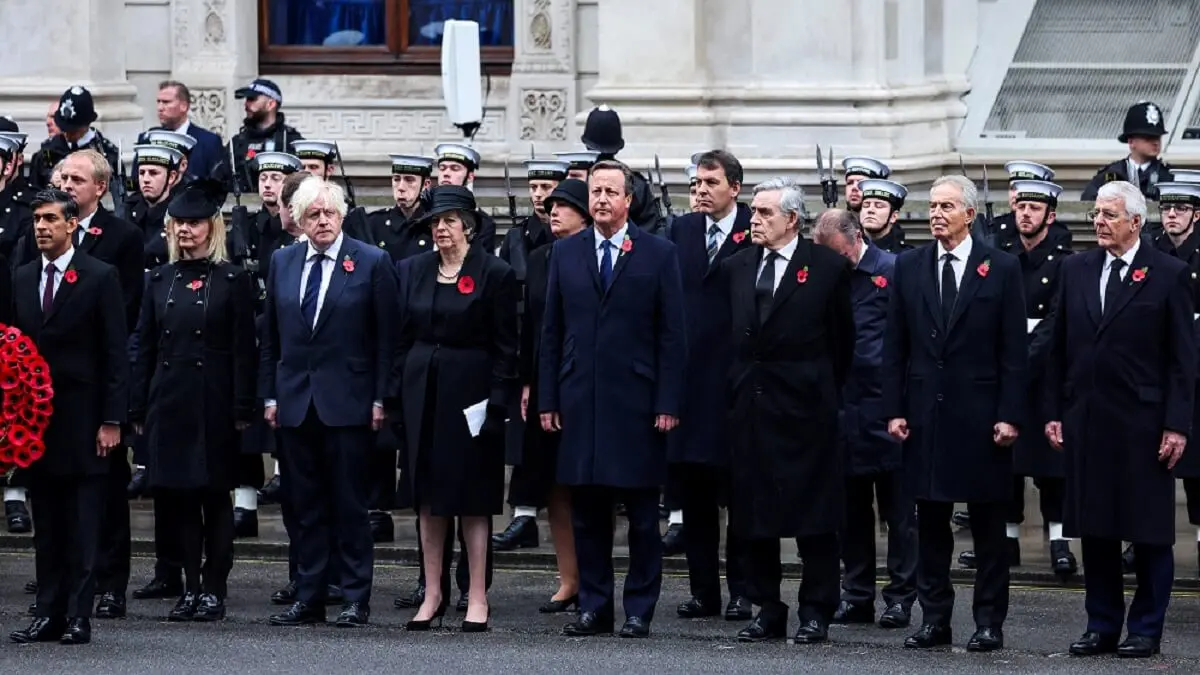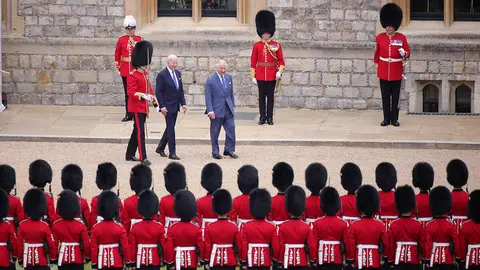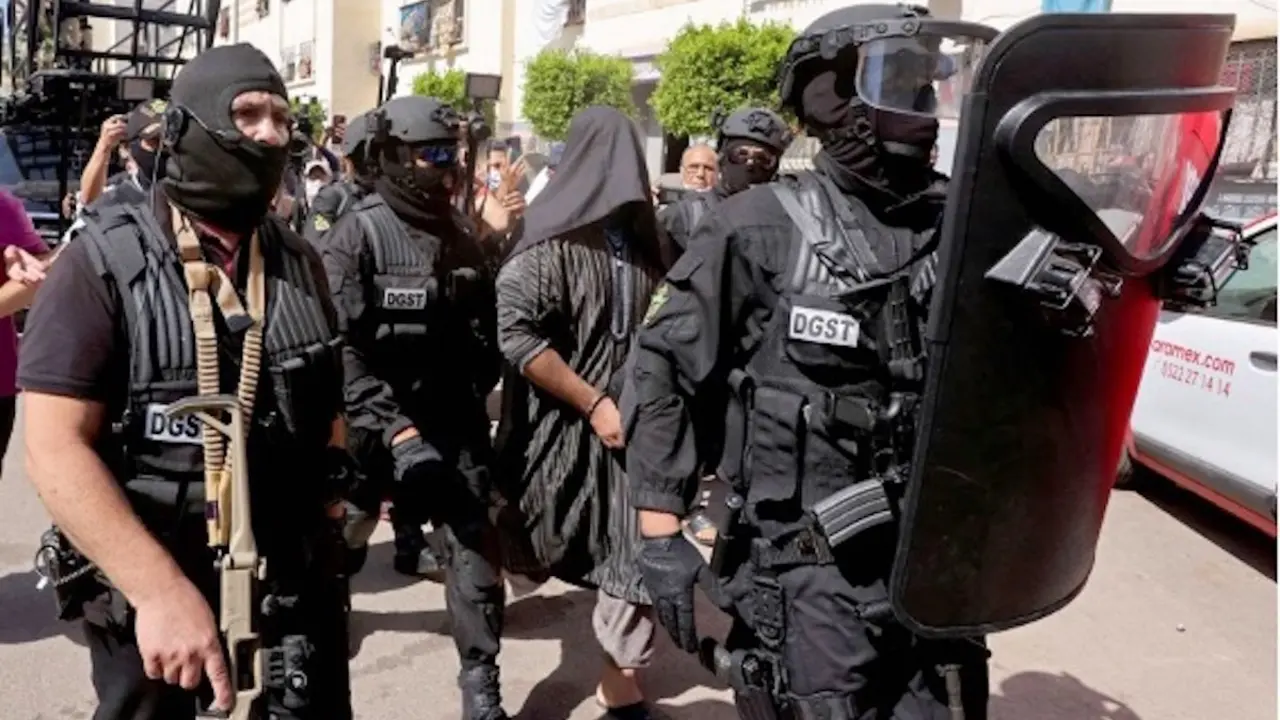Cameron, the politician who lost Brexit, returns to the British government as Foreign Secretary

David Cameron, the former British Prime Minister who lost the Brexit referendum in 2016, made a surprise entry into the Conservative government of Rishi Sunak on Monday as the new Foreign Secretary, following his appointment as Lord Mayor.
As anything is possible in politics, Cameron entered today as an MP in the House of Lords (upper), a necessary step to hold a position in the Executive, after he resigned as Prime Minister and MP in 2016 following the consultation on leaving the European Union.
An admirer of the neoliberalism of Margaret Thatcher, the 'iron lady' who was in power between 1979 and 1990, Cameron supported the campaign for Britain to remain in the EU.
In addition to having advocated remaining in the EU - in contrast to the 'Brexit' position of his new boss, Sunak - the new head of British diplomacy has already been criticised for allegedly favouring further rapprochement with China.
After leaving office in 2016, Cameron (2010-2016) began working in the private sector and received a large income from lecturing on Brexit.
In his role as a lobbyist for business, he became embroiled in a scandal that seemed to bury any future aspirations: his lobbying of ministers to get his paymaster, Greensill Capital, included in the government's emergency lending programme during the COVID pandemic.
The controversy led to a rewriting of the UK's lobbying rules, but, as is now clear, it did not end the political career of Cameron, who is seen in some quarters as a unifying and popular figure among the Tories.
Born into an aristocratic family
Born in London on 9 October 1966, Cameron comes from an aristocratic family and his ancestors were related to King William IV (1765-1837) of England, although his paternal roots are from the Scottish county of Aberdeenshire.
After attending the elite Eton College outside London, Cameron studied philosophy, politics and economics at Brasenose College, Oxford University in England, where he was noted for his oratorical skills and his advocacy of conservatism.
He was a member of Oxford's elite Bullingdon Club, famous for the drunkenness of its students and the property damage they caused on their sprees.
After graduating from Oxford, his father got him a job as a clerk in a Hong Kong company, where he stayed for just three months before returning to London to enter politics.
David Cameron married Samantha Sheffield in 1996, from an aristocratic background, with whom he had four children, Ivan (who died in 2009 aged six), Nancy (2004), Arthur (2006) and Florence (2010).
Economics adviser before becoming an MP
Cameron was a special adviser to former British finance minister Norman Lamont under John Major before making his first attempt to become a member of the House of Commons in 1997 for the English constituency of Stafford, but his aspiration was thwarted by Labour's landslide victory.
He had to wait until the 2001 general election to enter Parliament, which he did representing the constituency of Witney in the English county of Oxfordshire.
From then on, his career was meteoric and, following Labour's victory in the 2005 general election, he was elected leader of the party, replacing Michael Howard.
After more than ten years of Labour governments and with the UK in economic trouble, Cameron came to power in May 2010, but had to ally with the Liberal Democrats because he did not win enough seats to govern alone.
His measures also included granting the now former Scottish chief minister Alex Salmond of the Scottish Nationalist Party (SNP) the possibility of calling a plebiscite on Scottish independence.
Thus, on 15 October 2012, he agreed with Salmond to hold this historic referendum and allowed the word independence to be included in the referendum question.
This decision, seen by many analysts as a real miscalculation, ended up working out well for him.
On 18 September 2014, the Scots rejected Scottish independence in a referendum, which, if successful, would have meant the end of the Act of Union of 1707, which united the region with England.










